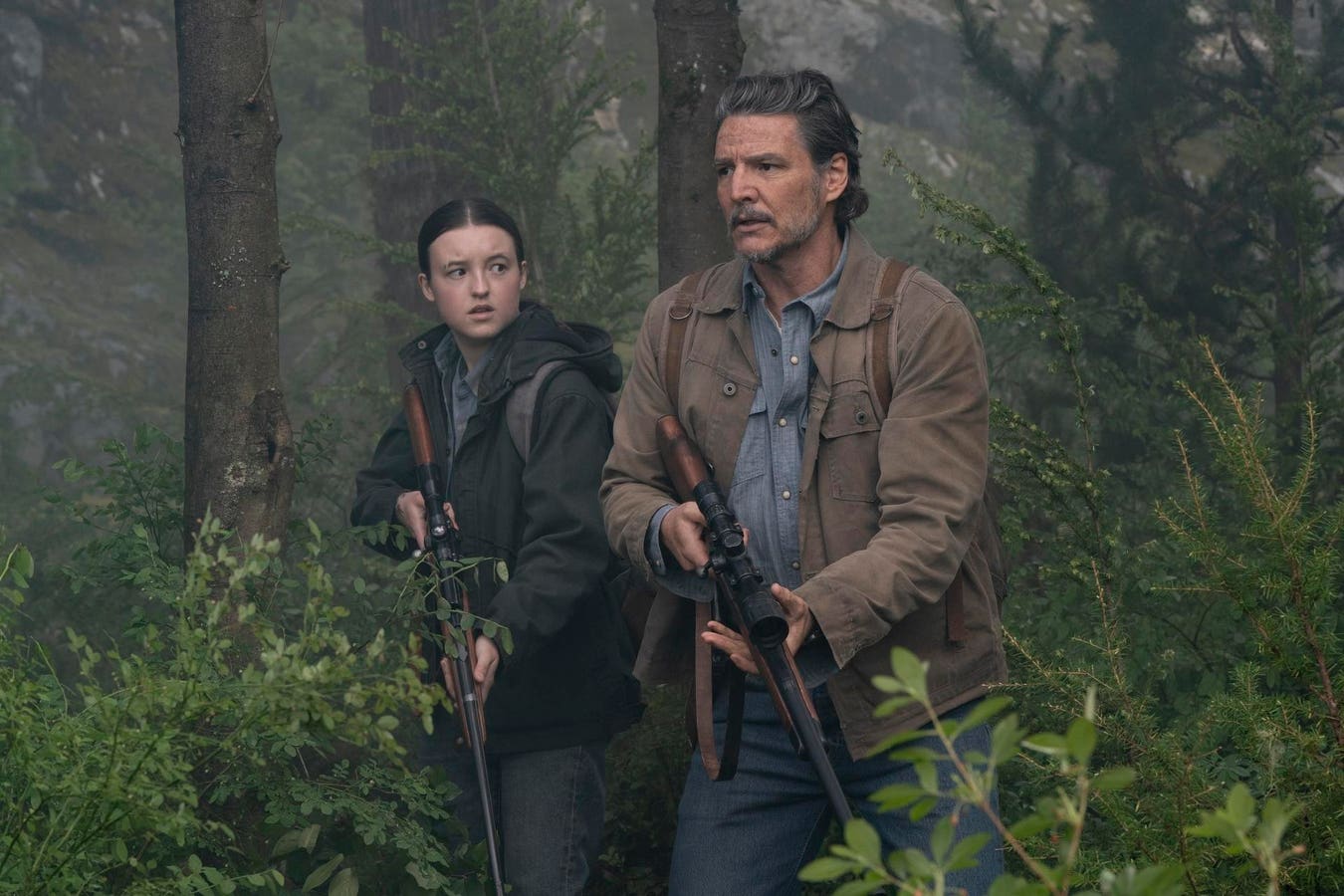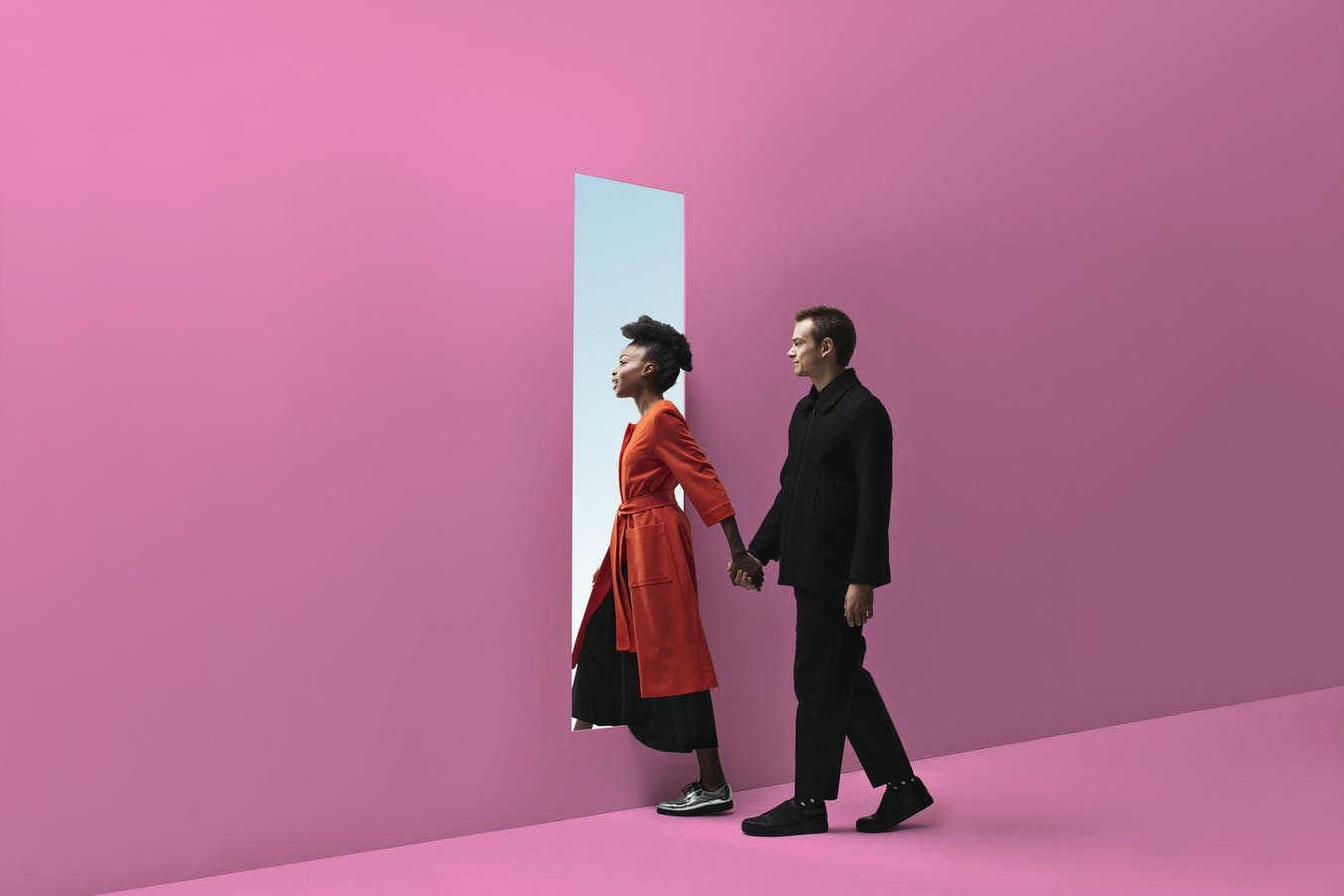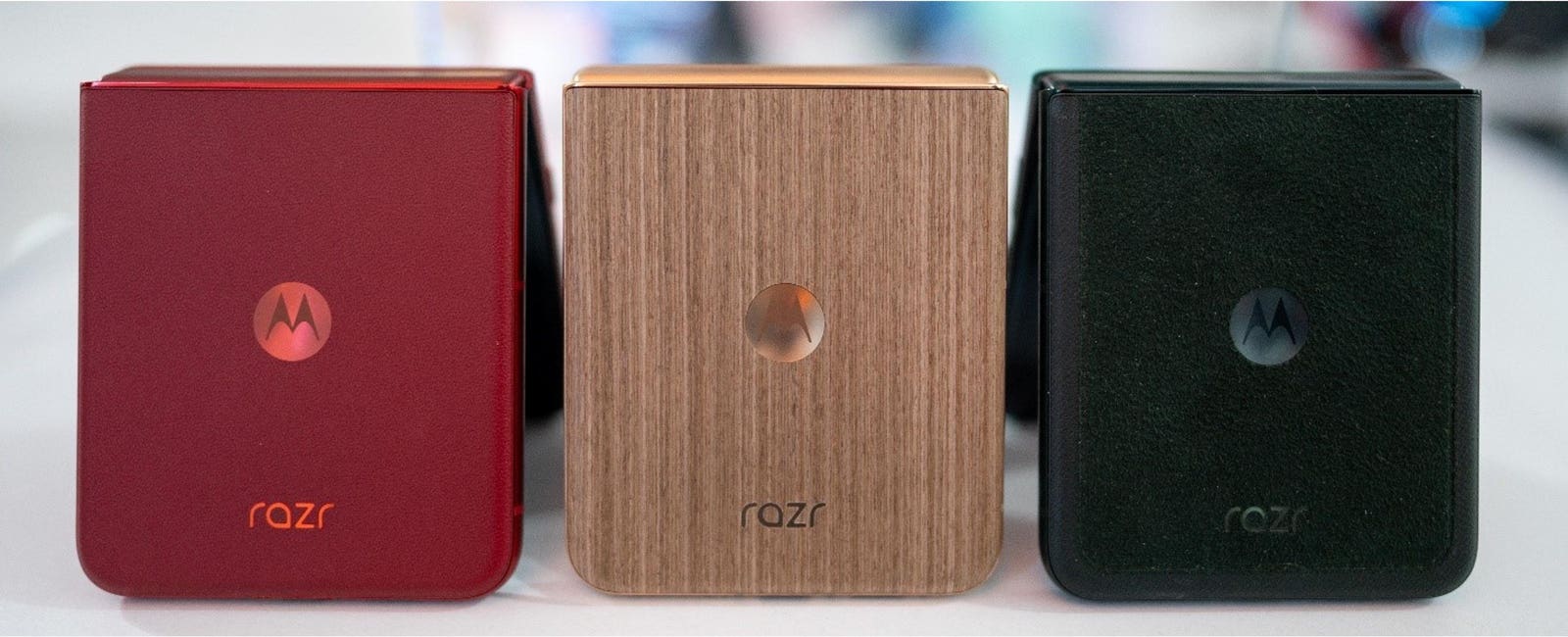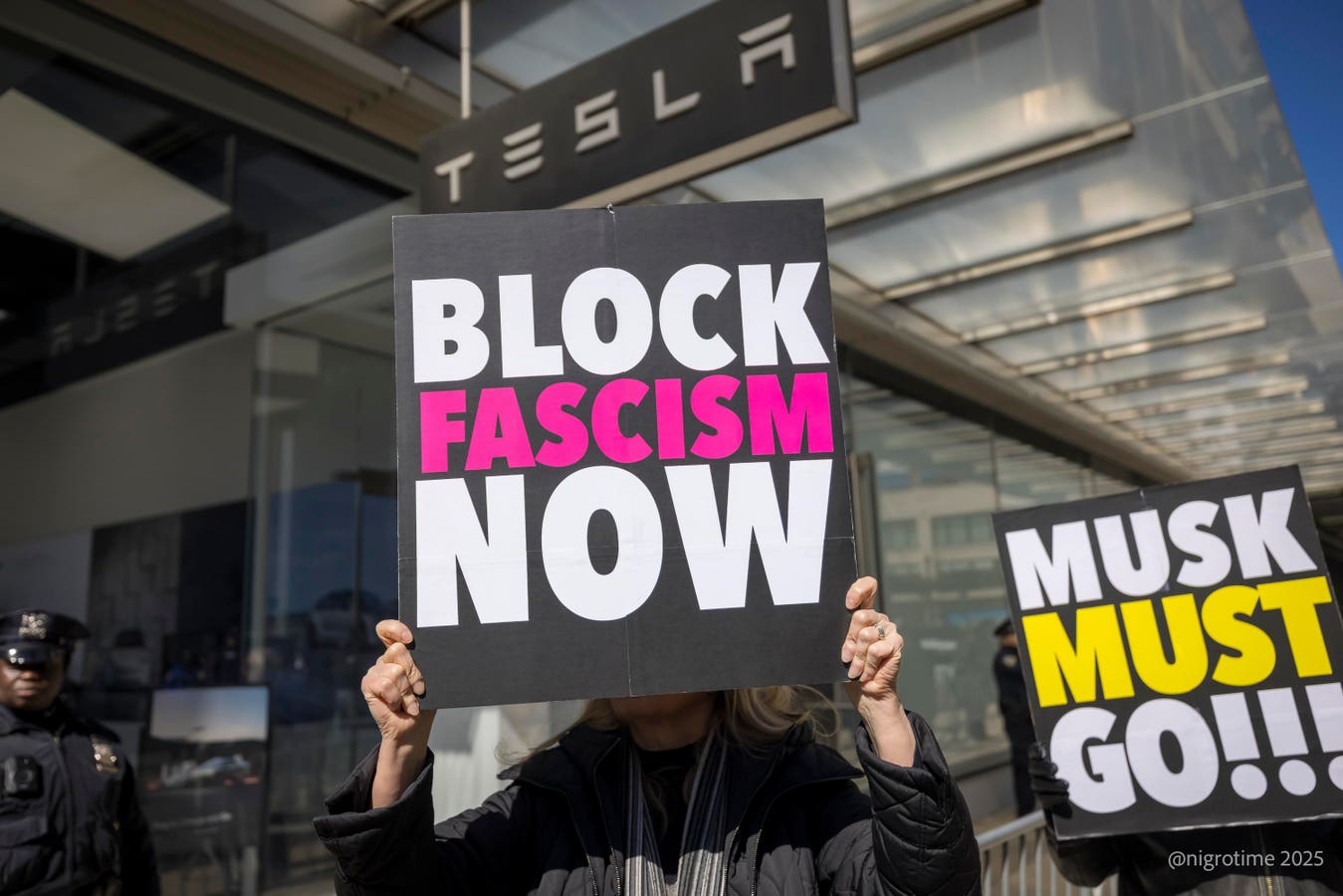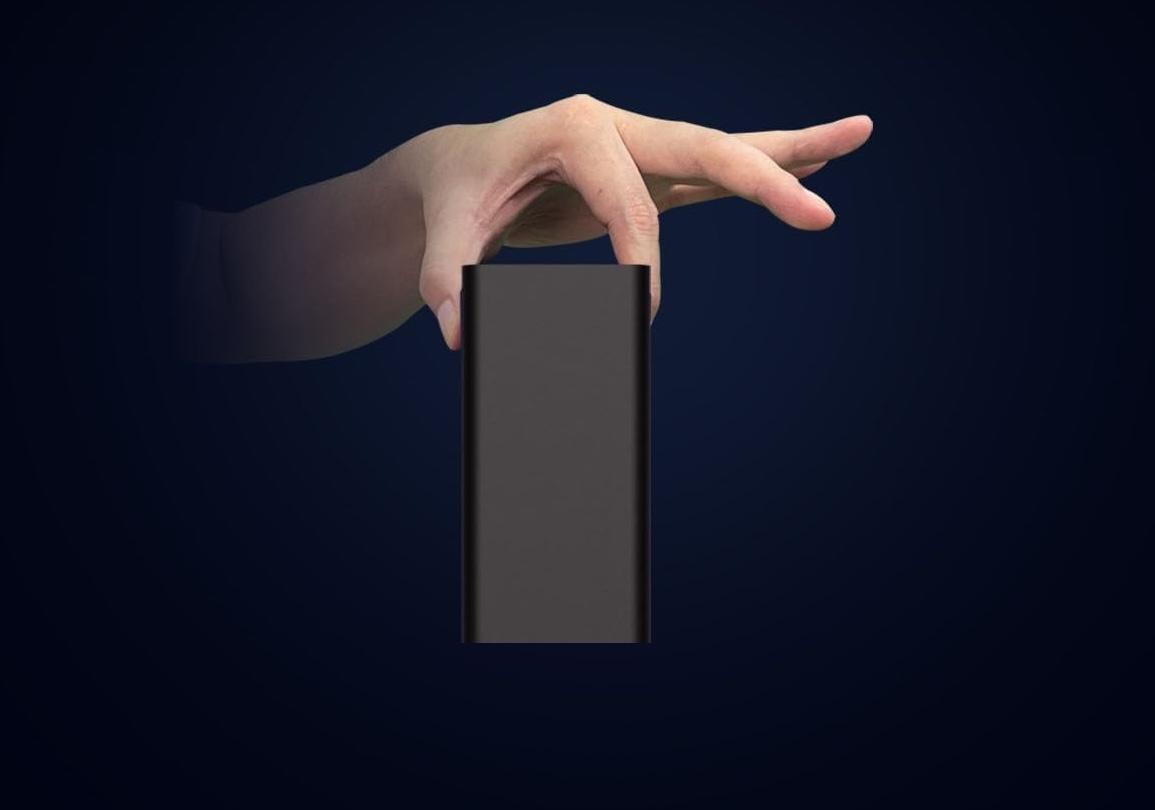Bella Ramsey and Pedro Pascal in “The Last of Us”
On the latest episode of HBO’s The Last of Us before next week’s season two finale, audiences received a special glimpse inside the evolution of the family-like relationship between Joel (played by Pedro Pascal) and Ellie (played by Bella Ramsey) in this post-apocalyptic world, where well-intentioned lies have come to the surface and emotional acts of forgiveness take form, making us all wonder what might have been.
Based off of the Naughty Dog video game, The Last of Us was co-created by Neil Druckmann, which he then adapted for episodic storytelling on HBO. Sitting down with showrunner Druckmann, 46, I initially wondered what he hopes that The Last of Us viewers will take away from watching the new “The Price” episode and witnessing how the father-daughter dynamic between Joel and Ellie progressed over time.
Druckmann said, “Understanding, more than anything, the complexity of their relationship – understanding how much they love each other, and that the episode is structured in such a way where you see them in this really great place, this really happy place, and then things start deteriorating. At first, it might appear it’s about superficial things, like – Oh, Ellie getting a tattoo, or Ellie wanting to wear short sleeves, or Ellie hooking up with someone, or smoking weed, or wanting to go on patrols – but they get over all those things. Joel accommodates every single one of those things, including Ellie wanting to move to her own place. He fixes the garage up for her. Each one of these is some expression of love and then it still falls apart. It falls apart because it’s weighed down by this lie – not only the lie, but the choice behind the lie of what Joel has done to rob Ellie of her agency.”
Bella Ramsey and Pedro Pascal in “The Last of Us”
He added: “By the end of the episode, we see maybe they even would have gone past that. That’s how much they love each other. It’s the ultimate expression of love – unconditional love. Hopefully, the other thing you understand is that they were robbed of that by this other character of Abby, so that maybe you understand why Ellie goes on this insane, suicidal journey to bring the people responsible to justice.”
To truly appreciate Druckmann’s longtime vision surrounding The Last of Us, with the video game debuting back in 2013 and the television series debuting in 2023 – with 24 Emmy nominations and 8 wins in its first season, it is beneficial to understand Druckmann’s own creative journey as an evolving artist.
Neil Druckmann attends the Los Angeles FYC Event for the HBO Original Series’ “The Last of Us” at … More
“It starts with even just wanting to make art, that I wanted to join the game industry because I love video games so much. They really spoke to me, not only as some form of escape, but as a storytelling medium, specifically. The next highlight was joining Naughty Dog as an intern, and here I was joining the studio that I was such a huge fan of, that has created Crash Bandicoot and Jak and Daxter. I was amongst the ranks of making the next Jak and Daxter, and eventually, working on Uncharted. So, the next highlight was I started as a programmer as an intern and then I switched to more of the creative side as a designer. That was a highlight for me because I wanted to be more on the creative side. My way in was as a programmer. The next one was getting to work with Amy Hennig on Uncharted and writing – getting to write for the first time, professionally – that was a highlight. I got it and I realized – Oh, that’s really where my passion lies, is storytelling and thinking about characters’ motivation and how do you use all aspects of cinematic and interactive storytelling to tell a story?”
(Left to right) Neil Druckmann, Craig Mazin, Bella Ramsey, Pedro Pascal, Gabriel Luna, Carolyn … More
Druckmann continued: “The next one was pitching a game that would eventually become The Last of Us. That was a joy and I couldn’t believe that I was getting to make this game that I was thinking about, the story I was thinking about for years, and I’m doing it at Naughty Dog. Then, jump forward in time to now – I get to work on that same story with Craig Mazin and HBO. HBO, this place that I’ve admired, has told some of my favorite stories, as far as The Wire, The Leftovers, Game of Thrones – just go on and on and on. You can list the best shows, or my favorite shows, and 90% of them came out of HBO. So, to get to collaborate with this artist that I admire, who just did Chernobyl, and revisit the story in this new collaboration – that felt very exciting.”
So, as Druckmann was building out The Last of Us video game, before going public with it, of all the things he wanted to see this fictional universe become, I was curious if there were any aspects of the narrative that he worked hard to ensure that this would not ultimately become.
Neil Druckmann working on “The Last of Us” video game.
Druckmann said, “Oh yeah. So, you know, at the time we were making The Last of Us, the post-apocalyptic zombie genre was very popular. Some people warned us it was oversaturated – we should not make this game, but I felt like we had an angle on it that I hadn’t seen, that was very character-driven, very personal, very intimate. So to me, that intimacy, the smallness of it in the AAA space, was very important. I didn’t want us to fall into the trap of making another just big, spectacle-driven AAA game.”
He added: “I believe we did a good job of avoiding a lot of those lures of wanting to go big, especially coming on the heels of Uncharted. Uncharted, we pride ourselves in going really big and big set pieces to this day, that you can watch a new Mission: Impossible movie and see inspiration from our games, which is very flattering – but I didn’t want The Last of Us to be that. How do we take all of our learnings from that and apply it to these really intimate moments? So, it might be about a dad giving his surrogate daughter a cassette that has a recording of a space launch and we can go into her imagination. That felt to me as big as a helicopter shooting missiles at a building, and it’s collapsing while you’re playing inside of it. The smallness of it was very important for us to keep.”
Pedro Pascal in “The Last of Us”
Now being the Studio Head & Head of Creative at Naughty Dog, when the time came to turn the popular The Last of Us video game into a live action television series, what was Druckmann most excited about doing and did he have any reservations during its early production process?
Pedro Pascal and Bella Ramsey in “The Last of Us”
“I had a ton of reservations. Part of it is because we’ve been part of adaptations that have not worked out for a bunch of different reasons. So, I’ve seen versions of it that could have ended up not great. What gave me hope was teaming up with Craig at HBO – again, knowing the taste that they have. Some of the notes I’ve gotten in the past were like – Oh, make it bigger, make it more like World War Z – and to me, it’s like, that’s not The Last of Us. The Last of Us took a ton of inspiration from No Country for Old Men. The thing I love about that film and its execution – I love the story, as well – but there’s something really special about the execution. It does a lot with very little. You could watch that movie and be like – Oh my god, there’s no score in this whole movie. There’s no music. – and you’d be almost correct. There’s moments in that film, like when the pickup truck crashes, where they play a single note and they hide the intro of it under that crash. It just kind of lingers and the single note creates so much tension. Those observations just kind of always stuck with me.”
(Left to right) Francesca Orsi, Neil Druckmann, Bella Ramsey, Pedro Pascal, Craig Mazin, Casey Bloys … More
Druckmann continued: “I wanted to make sure that when we come, and now we have a healthy budget to make the show, it doesn’t turn into like your run-of-the-mill, action, post-apocalyptic story. Ultimately, this is about the drama. One of the first speeches or inspiration we got from Casey Bloys, who runs HBO, was like – Only have as much action as you need to, and no more. Only have as much violence as you need to, and no more. This is about drama. It was like such a huge sigh of relief. I’m like – Okay, we’re at the right place.”
Beyond his co-writer and executive producer responsibilities, the latest episode marks the second time that Druckmann has sat in the director’s chair for this HBO drama series. Being a mastermind behind the popular video game and the showrunner, I wondered what he feels are the advantages of him occasionally directing these episodes and guiding his cast & crew.
Bella Ramsey and Pedro Pascal in “The Last of Us”
“There’s a lot of the Venn diagram between the responsibilities you have as a video game director and as a TV director, film director. Those Venn diagrams overlap each other quite a bit – more so than not. So, those skills carry over. Beyond that, Craig and I, and [writer] Halley [Gross], if she ever wanted to direct, we know the story inside out. We know every character, so anybody that has a question about the world – and so much of that when you’re directing, it’s not just saying – Action and cut. It’s months of preparation before you even get to that point of like – What should the props look like? What should the environments look like? What kind of lighting do we want? What kind of feeling? What’s the tone for each one of these scenes? What are the scenes saying? I find that the writers are the most equipped to answer those questions.”
Druckmann added: “Now obviously, there’s a visual component to it and there’s like a visual artistry, as well, that you have to be trained in to do, but it’s that kind of deep knowledge that allows us to just make choices in the moment, and just run with ideas and experiment on the day. I have the confidence to know when I deviate too far, but that’s why I want to sometimes push it to the line and say – Okay, what else can we get out of this scene that maybe wasn’t even on the page? I think that’s beneficial. Another director might not have the confidence – might be like – Oh god, I got to check in with Neil. I got to check in with Craig. They wouldn’t have that same confidence.”
Being someone that has remained in and around the entertainment industry for years, what is Druckmann enjoying about the business today, with the advancing technologies at our disposal lately, and what former ways of yesteryear does he perhaps miss and wishes were still in place?
“Oh, that’s an interesting question. I’m excited about as we make games, we always have just the most cutting-edge technology of how we author these games. So right now, there’s a lot of – How do we make our team more efficient? So whereas, in the past, when they were building an environment, they have to model each blade of grass and lay it down individually. Artists don’t have to hand place each one of those things. It allows us to create a much bigger world more quickly. That’s an example of the kind of authorship now our artists have. It’s very exciting because it’s just evolving at such a rapid pace.”
He continued: “The things that I miss – I kind of miss having a smaller team. Right now, the game that we’re working on has north of 300 people. Likewise with the show, it’s just an army of people. You can never get to know everybody. When I started at Naughty Dog, we were 40 people. I knew everybody’s name. I knew their families. I prided myself on just knowing every single person that worked here. Now, it might be several years before I meet someone that has come to work at Naughty Dog. I sometimes miss that intimacy.”
As I concluded the conversation with Druckmann about The Last of Us and his creative journey up until this point, I was curious if he could actually speak to the people within The Last of Us post-apocalyptic universe and could tell them a comforting message or a warning that they needed to hear, what would that be?
Bella Ramsey and Pedro Pascal in “The Last of Us”
Druckmann said, “It’s so hard and I struggle with it because every person needs something slightly different. It’s cliché but our story so much is about love, and the positive and the negative things it can lead you to. Often in the name of love of the people that we care about, we rationalize committing atrocities. I would try to say something to wake people up away from that – to find the humanity outside of your tribe. I think, ultimately, how we can reduce the suffering that they are all going through?”

